Allow me to introduce myself; I’m a 30-year veteran of the car industry in New Zealand, I am currently the sales manager for a large new car/user car dealership and a total car nut. I won’t give you my name as I have a boss and he won’t like me giving away secrets. *
I love this industry; I know there are less-than-honest dealers out there, but I also see many customers who struggle just because they don’t know what to say or where to start, and these are the people most at risk of a bad experience.
All I can hope is some of what I write helps you enjoy buying a car as much as I do selling them.
HOW TO BUY A CAR: NO-ONE CARES ABOUT YOUR CASH (WHAT NOT TO SAY)
One of the worst things you can tell a car salesperson is that you’re a cash buyer. It’s meaningless and shows you’re ignorant of the process. I recently had three buyers for the same ute all willing to pay the asking price, the buyer taking finance with the better trade got the vehicle. It doesn’t matter how you fund your purchase, the dealer gets paid either by you or a finance company (with a commission). Also, there is a stock shortage, and we look for the best deal. Often, a cash buyer isn’t the best deal.
A bank or finance company will tell you that cash is an advantage, but this is because they want your business, the cash buyer has no power in the car industry, in fact quite the opposite.
“How much off for cash?” is so last century.
Don’t lie. Often the first thing out of a customer’s mouth is “just looking”. No, you’re not. The salesperson knows you’re lying, you know they know, and they know you know they know you’re lying. A car dealership isn’t Kmart; you’re there because you want to look at a car, it’s likely you’ve already spent your 11 hours online (yes that’s the average) and know what you want, so tell them why you’re there. If you want a hand then ask, and if you just want to be pointed in the right direction and left alone please say so.
If it’s a good buy it’s likely someone else is on their way to see it too, so don’t muck around with your decision. If you feel pressured, push back as there is no (good) reason for a salesperson to do this, but be aware that other people may well be looking to buy that exact car.
Don’t ask for the best price, you won’t get it especially if you’ve made it clear you intend to “think about it”. A professional salesperson won’t give you a shopping list to take to their competition.
If you want the car, then make an offer.
Don’t ask to deal with the manager directly, as I won’t give you a better deal. I get paid on profit, my people get paid on units. They will work me as well as you to get the car sold, so they don’t care what you pay for it.
HOW TO BUY A CAR: WHAT TO SAY
Make a friend. Salespeople get paid well, they work hard and are likely smarter than you think. They will work harder for someone they like to deal with, so if you act like a hard arse, they won’t work hard for you. It’s the salesperson that will sell any deal to their boss on your behalf. Any deal other than window price will be decided by the manager.
Be honest with your intentions; Nothing will get a salesperson’s (and their manager’s) attention more than you telling them you’ll buy today if the deal is right. Don’t claim you’re buying ‘today’ if you intend to keep looking.
The flex in a car dealership isn’t about how much money they made from the lovely family with the cute dog; it’s how they got the guy who demanded 10% off because a canine and fruit book told them they should get it with MBI PPI GAP and SSP at full retail (what they are and if you want them is for another article).
We look after the people we like and I don’t mind making a little less if you are easy to deal with. Time is money.

HOW TO BUY A CAR: YOUR TRADE-IN
Do your research – the reality of TradeMe
Trolling through TradeMe is usually most people’s go-to when trying to work out what their trade is worth and it’s a good place to start but requires some interpretation and a very large grain of salt. It’s a huge database of UNSOLD vehicles and figuring out who’s realistic and who’s dreaming will take a little shift in your thinking.
Don’t think like a seller, think like a buyer
On TradeMe, put your vehicle details (go a year and 30,000kms either side) into the search bar and sort it like a buyer (cheapest first). If you’re a buyer this is how you’ll do it and you’ll rarely look past the second page, ignore the first couple of vehicles they are often written-off Aussie imports or repaired accident damaged, the rest of the first two pages will likely be within $2-3000 of each other depending on the total value. This is the RETAIL value of your vehicle (this is also the replacement value you should have it insured for).
The price guide on TradeMe/MotorWeb is fairly meaningless. This isn’t TradeMe’s fault; the New Zealand market is so diverse thanks to secondhand imports that it’s impossible to price one car based on the sale of another without actually comparing them.
Large dealerships and auction houses will have a large database of their own sold vehicles.
Be realistic
Your car isn’t perfect, no car is; there will defects, some will be acceptable, others the dealer will have to rectify and will affect their offer to you. This is called “the LESS”; have a good look around your car and think about how you would feel about the defects if you were to be buying it. How are the tyres? 1.5mm is legal but certainly not saleable, a dented or scratched panel will cost a dealer $400-600 to repair and paint, damaged glass and wheels will need to be repaired or replaced. It may be worth claiming on your insurance before you trade if the defects are significant.
Lastly and most importantly make sure your servicing is up to date. We are fairly risk-averse when it comes to this, modern engines need to be serviced. The oil isn’t just lubricating the engine – it’s acting as a hydraulic fluid keeping the timing chain tight and operating the variable valve timing. If the oil is dirty it can’t do these things, and failure is inevitable and expensive.
The same goes for the rest of the car’s mechanical components. The better your service history the more comfortable we are about trading and the more likely you are to be able to get more than what we first offer. If you take one thing from this article let this be it: maintain your vehicle. It’s not a cellphone – it has thousands of parts moving very quickly and neglecting servicing will shorten its life, and destroy its value.
Clean it
We may act like it doesn’t matter and say “we can see past the dirt” but we can’t, we’re magpies and we like shiny things. I can tell a lot about you from the condition and contents of your vehicle, where you drive, your hobbies, how much you care about it, why you’re changing it and who else has valued it based on the finger marks on the defects.
I will also look for my competition’s cards and brochures. If I get really lucky, they may have written their offer down on the back of their card (rookie mistake by you).
How we will price it: retail – markup = your trade-in value
We are here to make money but we can’t make money from your car if we don’t own it. I’ll try and get as cheap as possible but at the end of the day I want it; remember having a trade is an advantage to you.
How much do you think is an acceptable markup? We make a lot less from the car than you think. I try for a markup of $2500-$5000 depending on the overall risk and value of the vehicle, more with a European car as the risk is higher. Some dealers will try for more but if you have done your research, you will know when you’ve been offered a fair price. When the deal is washed up after the sale, we typically make a net profit of $1100-$1700 per vehicle.
Now you have your figure don’t tell me – wait for my offer and see how desperate for stock I am, my number could be more if your car is tidy and well maintained.
HOW TO BUY A CAR: DOING THE DEAL
As long as you have done your research, are realistic and have found the right car, you should ask for a deal. Make an offer based on the overall package, and make it clear you’re ready to buy. The same goes for your trade-in.
How much should you offer? I’ve given an indication of margins we work off above if you manage to get $1000 difference in a used car deal, in most cases you’re doing well but it’s a good place to start. Watch the salesperson’s body language when you offer as it will give you an idea how close you are.
A discount won’t always be forthcoming; utes and vans are hot property and it’s unlikely you’ll get much off but if you have one to trade, you’re on pretty even ground. Some new car franchises aren’t able to discount (it’s part of their franchise agreement, and no, it’s not just a line) but you’ll find the net price will end up the same as a comparable product.
The dealer is there to make money (and the salesperson is working for a commission), the car you want to buy is burning money every day sitting on the forecourt. If they can meet your terms (or close to them) they will try as long as you’ve made it clear you want the car (for the right deal). Remember it’s a whole package.
Keep in mind, if you buy the car based on the best discount then you’ve likely gotten the worst deal.
HOW TO BUY A CAR: YOUR RIGHTS AND OBLIGATIONS
You absolutely have the right to a Pre-Purchase Inspection and I would recommend it on any vehicle outside of the factory warranty. We do our best but we do miss things. I recently purchased an older but very low Kms car from a deceased estate, really tidy however a Pre-purchase inspection picked up significant, poor but well-hidden rust repairs underneath. We dodged a bullet and the customer who bought that car would have been coming back for their money back come next warrant.
A pre-purchase inspection is the second opinion you want; not your neighbour, your workmate or your cousin who “must know about cars because he’s always fixing his”. Some dealerships have rules around who can do an inspection and where. This is fine however if they flatly refuse or try to discourage you, then walk away.
You are protected as a purchaser of any Good or Service sold in trade in New Zealand by the Consumer Guarantees Act. It’s a very grey but very effective law. Ignore everything any consumer website says about it and read it for yourself: https://www.legislation.govt.nz/act/public/1993/0091/latest/DLM311053.html
There are 56 sections but the relevant ones to quality are 6 and 7 (read all of this one – no single line works in isolation). To put it in a sentence; if you buy a good (in this case a car) and something happens that isn’t fair then you have recourse.
Your obligation is to tell us about it and our obligation is to assess the fault and if we agree it’s not fair, to help. If you don’t agree with the outcome, you have recourse under sections 18 to 23.
This protection diminishes with time, use, and your actions, and if you neglect or misuse your purchase then your protection becomes seriously diminished. If anything went wrong within the first 3 months/5,000kms I would want to know regardless. It’s fairly likely I would help you out.
If you have financed your purchase for longer than 12 months you should seriously consider Mechanical Breakdown Insurance (MBI). Personally, New Zealand is small, if you have a fault our reputation has a lot more value than following a law. If you’re unhappy I would want to know, even if it’s a bit grey in my favour I’d still prefer to sort you out than have you telling your friends you had a bad experience and I think this goes for most dealers.
There is no right of return for anything other than a significant defect either in the title or vehicle. If you have chosen the wrong car, talk to us nicely, it’s possible we will swap you onto something else that suits you better.
You have the right to be dealt with honesty but you have an obligation to be honest too. If you’re asked a direct question and you choose to be untruthful the dealer does have legal recourse against you under the Contract and Commercial Law Act (CCLA).
HOW TO BUY A CAR: FINAL ADVICE
Call me old-fashioned but buy close to home. Not only is it easier if something does go wrong, but nothing beats seeing a car in person. You can’t smell it or experience it over the internet and some smells are forever in a car. If you simply have to have a car that’s out of town then go get it. Eyeball the dealer and know exactly what you have before driving it away.
And lastly, other than the “cash buyer” myth, I have one other favorite one: “I can get it cheaper in Auckland, Christchurch, Wellington, Hamilton, Tauranga.” I’ve heard them all.
No, you can’t. We all buy them from the same places and people, they are all the same price for a similar condition. Two of the aforementioned cities are likely to have the cheapest examples, simply based on volume.
They will also have the dearest, the worst and the best (they will be the same two cars). Based on “I can get cars cheaper elsewhere” you are best looking in Eketahuna. The only thing making cars cheaper by location is overheads.
* Please note that this article was not written by Fred Alvrez. It was written by someone as described in the first paragraph.


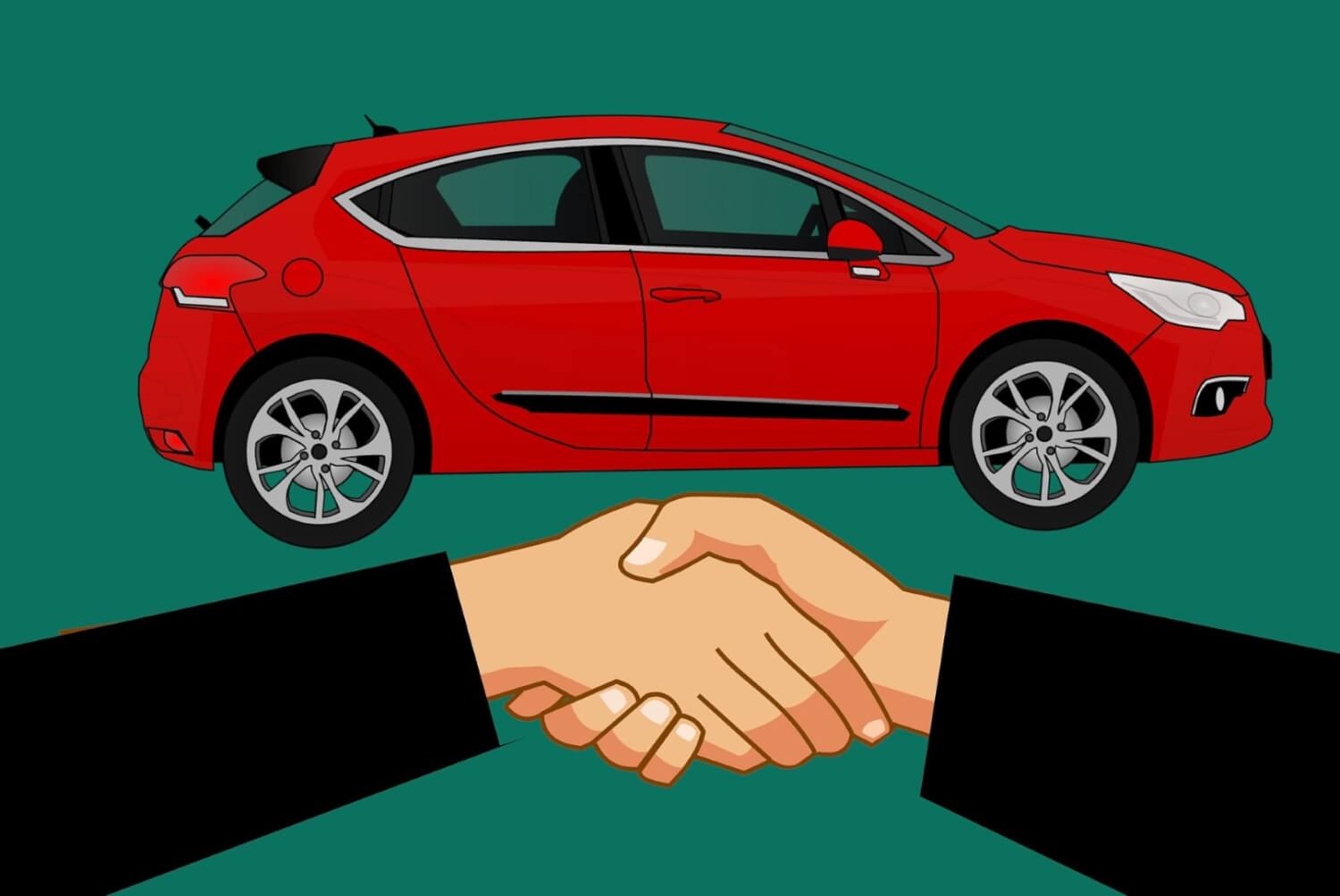
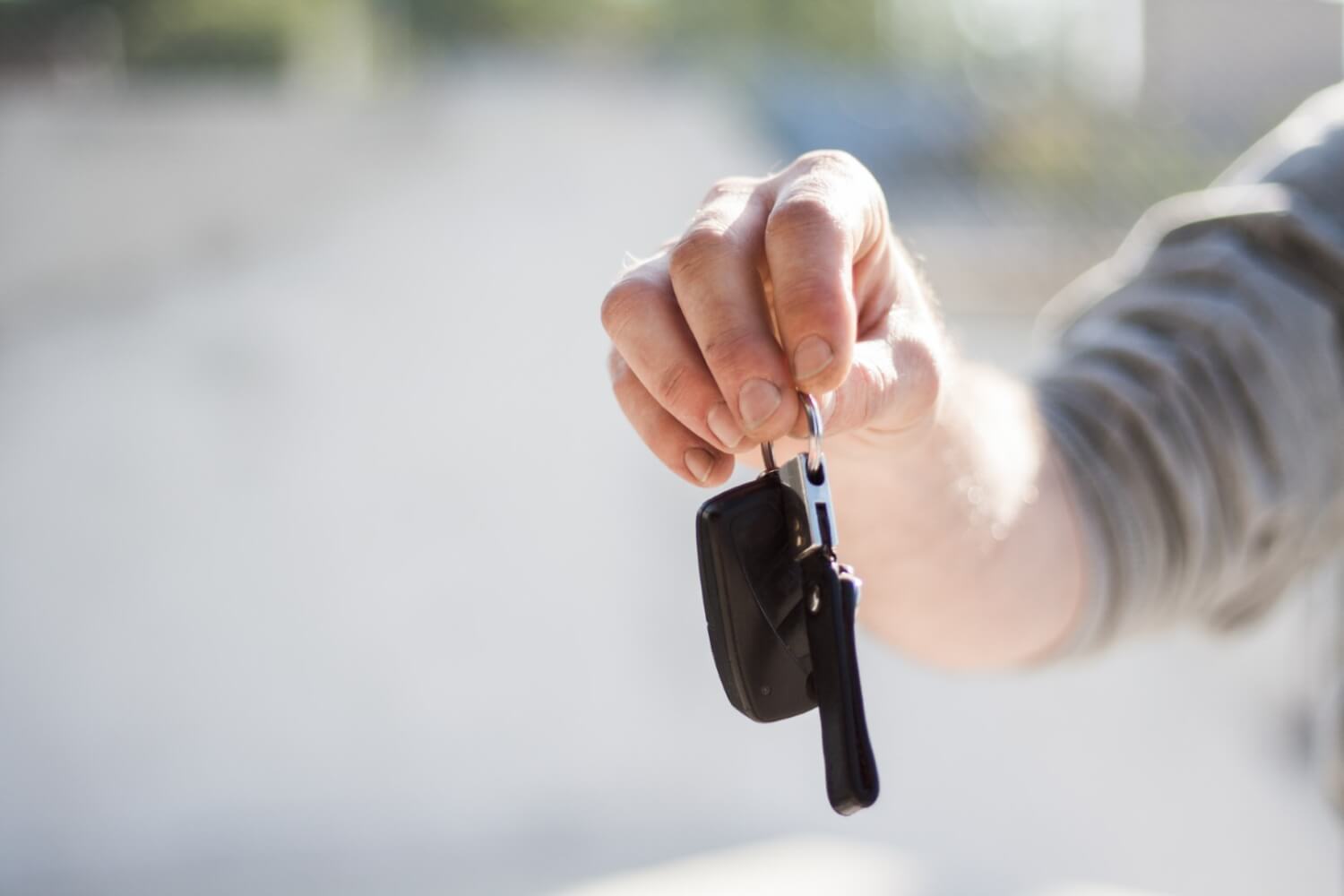

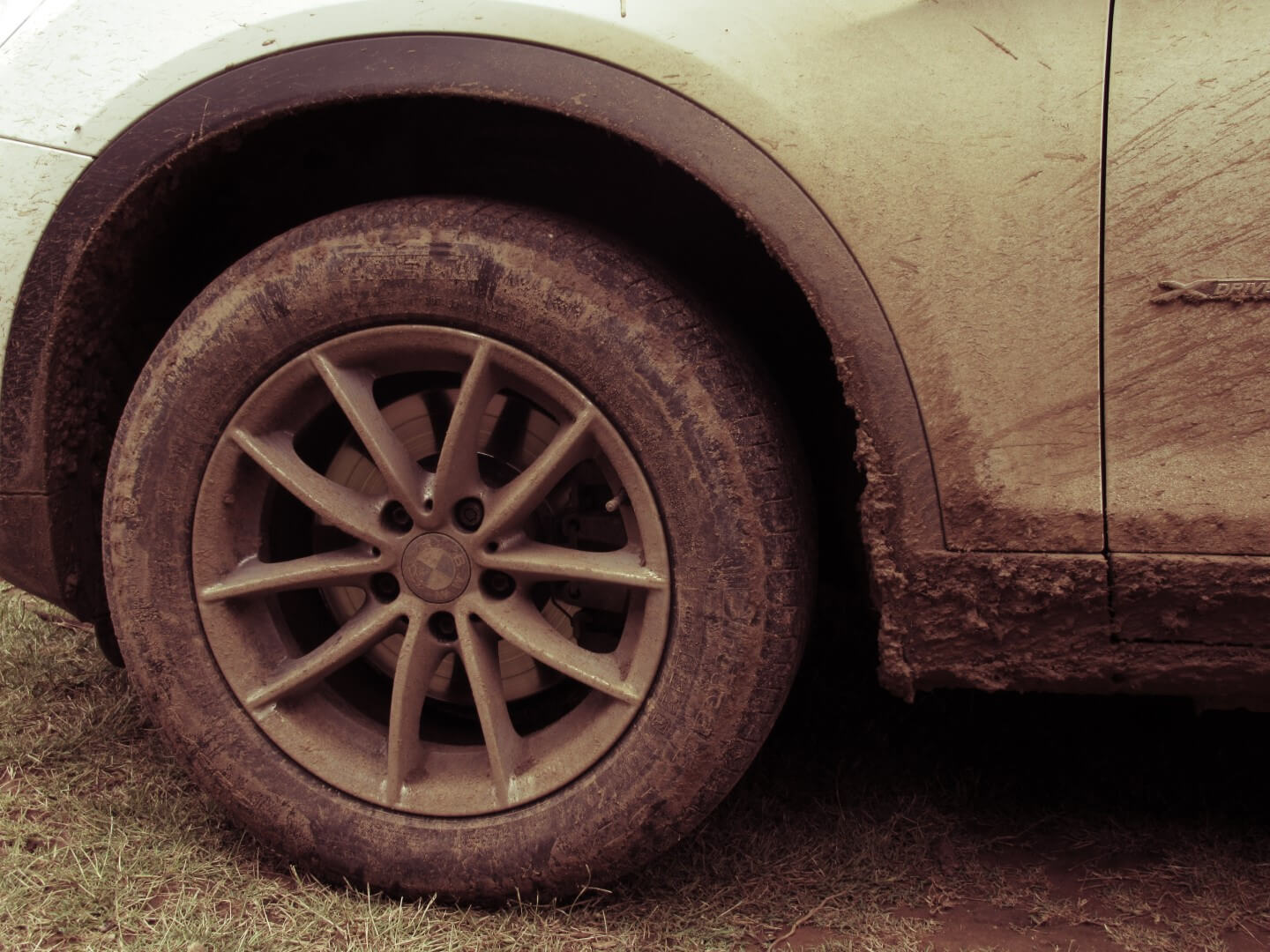




































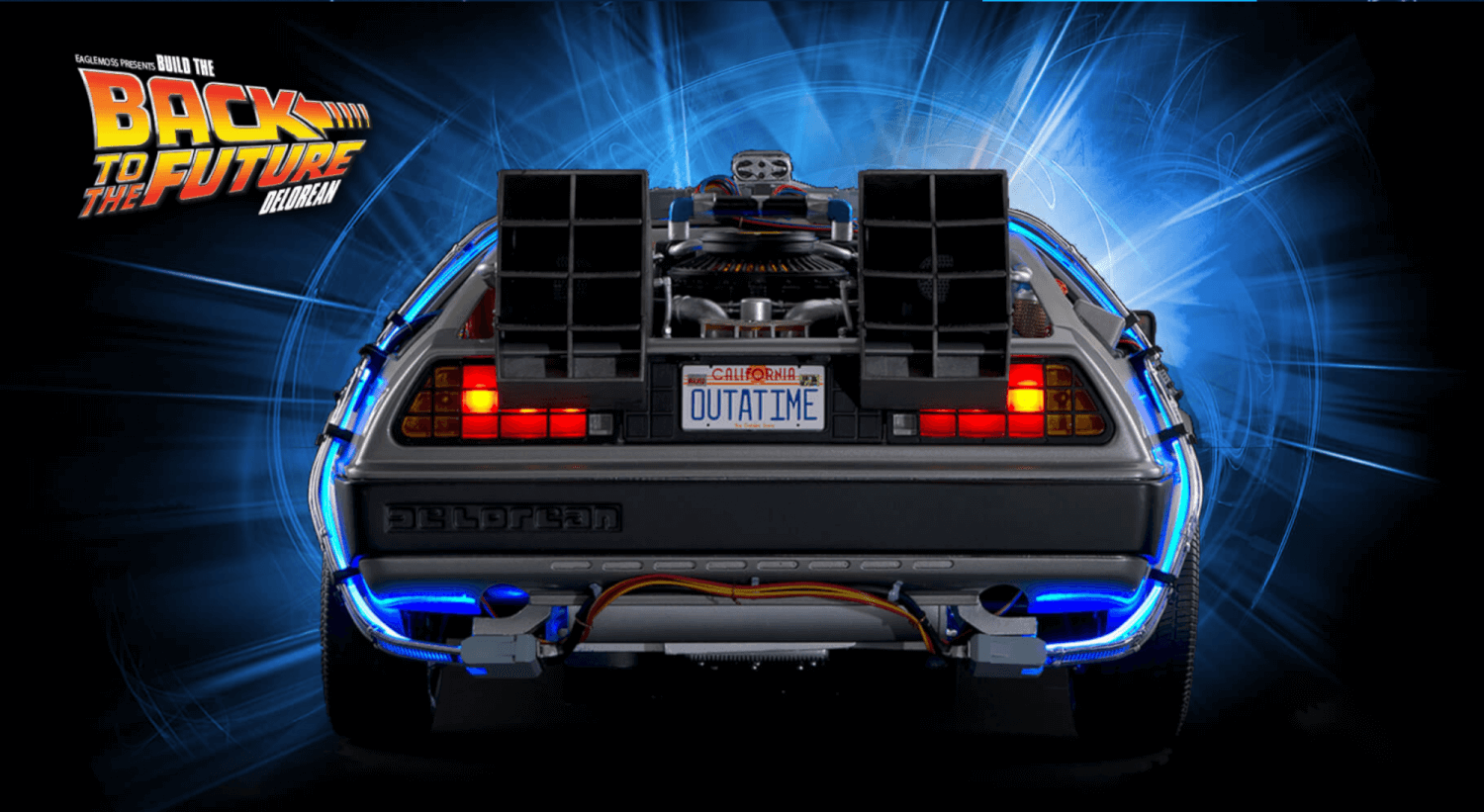

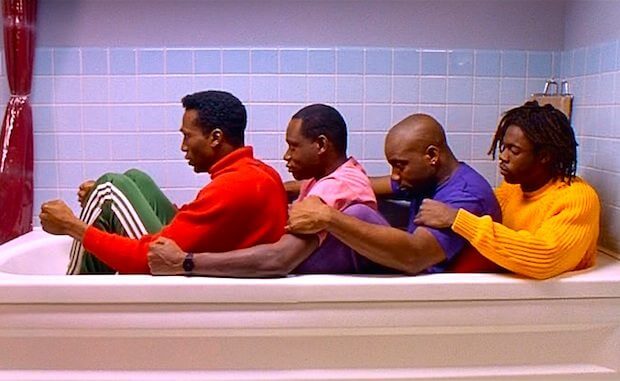

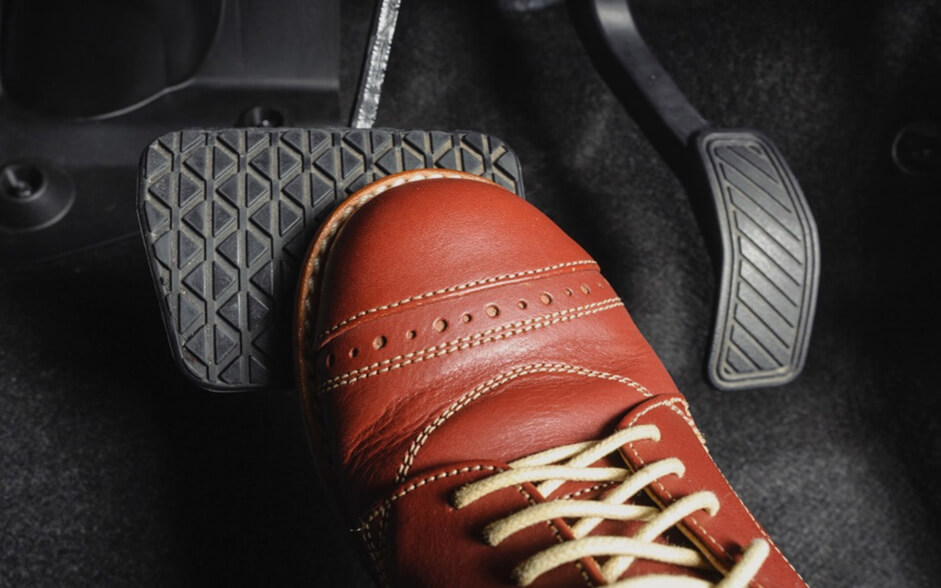

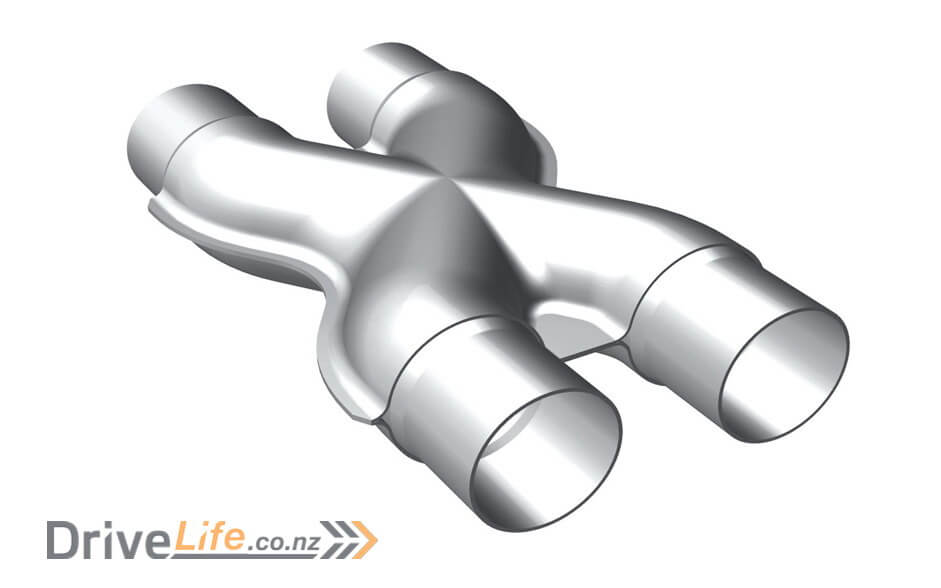


Interesting article but I think you have some things to learn about your market. I certainly don’t sort by cheapest first? Moslty lowest km’s, sometimes latest listings. I’m always happy to pay more for the right car and deal with the ‘right’ people.
This article is a fantastic guide for both new and experienced car buyers. The step-by-step breakdown of the car-buying process is incredibly helpful. I appreciate the emphasis on research and setting a budget—it’s so easy to get carried away with all the options out there. Kudos to the author for shedding light on these essential aspects!